On Sustainable Karma
"We believe that by doing good for people, good comes to us, and our business will grow so long as we do good by our customers."
With globalization, the phenomenon of sustainable karma has transformed from philosophy to business reality. From profit-oriented principles of business sustainability through to triple-bottom-lines (people-planet-prosperity), we are now looking to establish a real nexus with philosophies of “karma”.
The word sustainable is derived from the Latin word sustinere (endure, to hold; support). Sustainable karma can be seen as “at the intersection of environmental, economic, and societal stewardship.” The concept of sustainability was defined by the Brundtland Commission of the United Nations as “development which meets the needs of the present without compromising the ability of future generations to meet their own needs.” This is a widely quoted definition of sustainability and sustainable development.
The above definitions and approaches make one thing clear: sustainability is not just a contemporary scenario but rather has been present throughout civilizations. The main difference today is the changes in the business scenario due to globalization, consequent flattening of the world, and technological advancement, making the overall phenomenon more complex than before. The issue of sustainability in businesses should involve re-evaluating the fundamentals in the current global and modern context.
Sustainable karma may therefore be described as cohesively managing and integrating the social, financial, and environmental facets of the business. It is about creating “long-term” shareholder value. At its core, sustainable karma is a simple concept that is easy to understand and implement. By acting or advocating a position in a socially desirable direction, the individual actor should, in turn, be more socially desirable by the beneficiaries of the act or other third parties who agree with the shared principles and ideas of the actor.
The synergies and power both within the organization and among the people are clear. However, we intend to empower people even further. Our strategy is to decentralize the internet, and more importantly, to restore the power of the internet—the most important and powerful technological advancement—back to the people from where it came and to whom it belongs.
We believe that by doing good for people, good comes to us, and our business will grow so long as we do good by our customers.
This mission encapsulates our commitment to integrating sustainable karma into our business practices, ensuring that our growth is rooted in the well-being of our customers and the broader Internet community.
